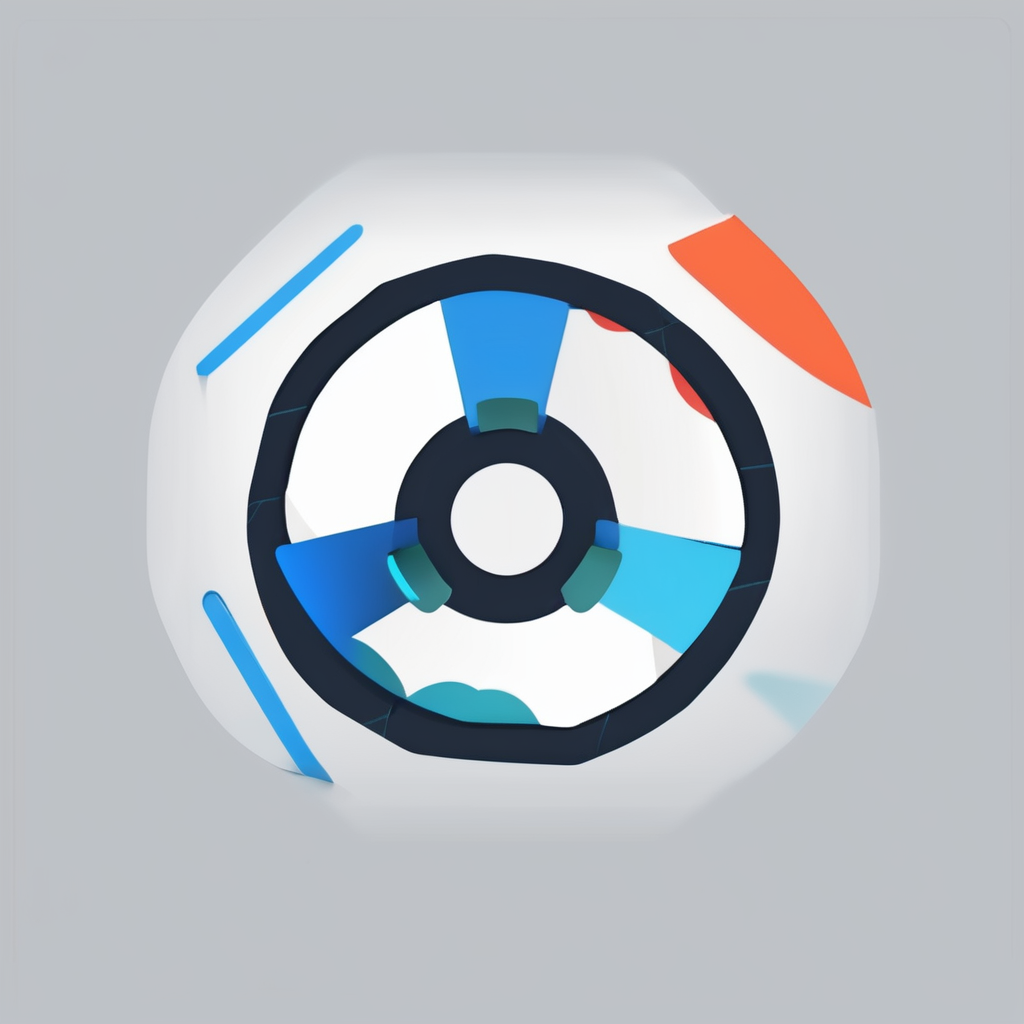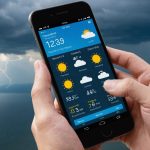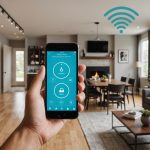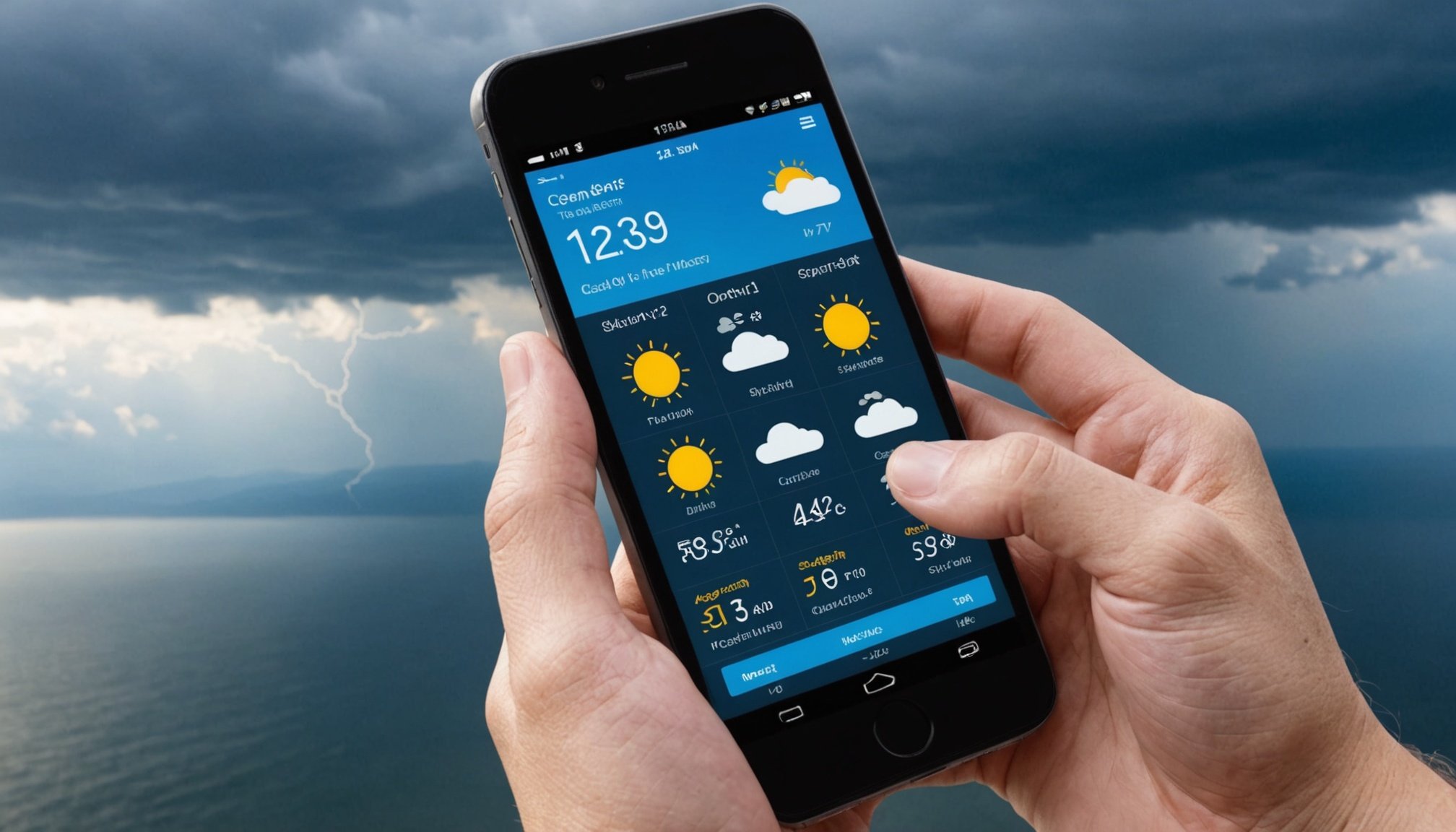Enhancing Your Smartphone for Weather Forecasting
Utilising smartphone weather apps and weather forecasting tools can transform your device into a compact meteorological station. But how do you ensure that the information you receive is precise and reliable?
Essential Features for Accurate Weather Forecasting
To elevate your smartphone’s weather tracking capabilities, focus on apps that offer real-time data, radar imaging, severe weather alerts, and detailed hourly forecasts. Features such as GPS-based local weather updates enhance precision by providing information tailored to your location. Look for apps compatible with plugins that can offer extended functionalities—everything from air quality reports to pollen counts.
Additional reading : Enhance your commute: harness your smartphone for instant real-time traffic alerts!
Importance of Reliable Weather Apps and Plugins
Without dependable weather apps and plugins, you might find yourself caught off guard by sudden changes in weather. A well-rated app ensures access to updated information through visually appealing and easy-to-use interfaces. The better the app, the more likely it incorporates machine learning to improve forecast accuracy over time.
Smartphone Design and Weather Tracking
The smartphone’s design plays a pivotal role. Devices with high-resolution screens and robust processing power can handle complex, data-rich weather apps without lag. Additionally, a sturdy battery life ensures you stay connected during lengthy weather updates. Embrace technology that helps you make informed decisions, rain or shine.
In parallel : Ultimate guide to seamless smart home automation: monitor your home in real-time with your smartphone
Recommended Weather Apps for Accurate Forecasting
Choosing the best weather app can be an important decision, especially if accuracy is a priority. When comparing weather apps, there are several feature-rich options to consider.
Top Options for Weather Apps
There are standout weather apps that offer detailed forecasting. These include layouts designed for simplicity, ensuring every feature is accessible. Real-time updates and radar maps are standard offerings but look out for those that support interactive interfaces for enhanced user experience.
User Reviews and Ratings
User feedback generally highlights the accuracy and user-friendly nature of top apps. Customers appreciate features like real-time alerts, especially during severe weather conditions. High ratings often come from consistent and precise weather updates.
Advanced Features Explained
Feature-rich weather apps come with advanced functionalities that cater to enthusiasts and professionals alike. Look for apps that offer:
- Real-time alerts for timely notifications.
- Radar maps that provide visual data on weather patterns.
- Interactive interfaces allowing users to engage with forecasts meaningfully.
Each app’s distinctive offering ensures that there are multiple options tailored to different needs, from everyday forecasts to professional weather tracking. Always consider user reviews to gauge whether the app meets expectations in practicality and precision. With these insights, you can confidently select a weather app that aligns with your forecasting needs.
Setting Up Your Smartphone as a Weather Hub
Transforming your smartphone into a personal weather hub can greatly enhance your weather awareness. By configuring the right apps, customizing settings, and integrating smart devices, you can receive personalized weather alerts directly on your phone.
Step-by-Step Guide for Personalized Weather Alerts
Begin by downloading a reliable weather app on your smartphone. Look for features such as customizable notifications and detailed forecasts. Once installed, navigate to the app’s settings to tailor alerts according to your geographical location and preference for specific weather events like severe storms, rain, or temperature changes. This personalization ensures you only receive relevant updates, minimizing unnecessary alerts.
Optimal Weather Tracking with Smartphone Customization
To optimize your smartphone for weather tracking, make sure your location services are enabled. This allows apps to provide accurate and current weather information. Customize home screen widgets to display weather data at a glance. Most smartphones offer this feature, allowing you to have real-time updates without opening apps.
Integrating Smart Devices for Enhanced Data Collection
For a more comprehensive weather tracking experience, consider connecting your smartphone to other smart devices. Devices such as smart home hubs or weather stations can provide additional data inputs, enhancing your overall weather tracking capabilities. This integration can lead to more accurate local weather readings, providing you with increased insight into changing conditions.
Leveraging Technology for Precision Forecasting
Forecast accuracy has reached new heights thanks to weather data technology and precision forecasting methods. Let’s explore how these innovations work together.
Understanding Weather Data Sources
Weather data technology relies on a diverse range of sources. Satellites, radars, and weather stations gather modern weather tracking data from around the globe. This comprehensive approach ensures a constant stream of real-time information, enabling accurate weather predictions. As a result, forecasters can analyse a wealth of data to deliver precise reports.
The Role of Machine Learning in Weather Prediction
Integrating machine learning advancements significantly benefits precision forecasting methods. By interpreting vast datasets, these technologies identify patterns that might be overlooked by traditional means. Machine learning models continuously learn and adapt, thereby refining their predictive capabilities. This enhancement in modern weather tracking leads to greater precision and reliability.
How Sensors Enhance Forecast Accuracy
External sensors, when combined with sophisticated tools, greatly enhance forecast accuracy. Deployed in strategic locations, sensors collect crucial data that complements existing data sources. These tools measure variables such as temperature, humidity, and wind speed, adding depth to modern weather tracking. While smartphone apps offer basic forecasts, external sensors elevate the quality of the information, ensuring the public receives timely and accurate weather warnings.
User Testimonials and Experiences
User feedback has been invaluable in shaping perceptions about weather apps. Many users have shared their real-world experiences, expressing how accurate forecasts have tangibly improved their daily lives. By planning ahead, individuals can dodge rain showers during scheduled outdoor activities or dress appropriately through detailed forecasts.
One user remarked that their preferred app accurately predicted an unexpected snowstorm, helping them prepare for potential disruptions. Such weather app reviews are not just about accuracy; they often highlight how certain apps excel in providing real-time updates and integrating seamlessly with other smartphone features.
Unique use cases have emerged, particularly in regions prone to hurricanes or severe weather. Smartphone weather hubs become essential tools, not just for minute-by-minute forecasts but also for community safety alerts. For example, in areas susceptible to flooding, these apps have provided warnings that have been pivotal in ensuring safety and timely evacuation.
Another user shared how during an extreme heatwave, the app’s early warning system allowed them to adjust travel plans, avoiding potentially hazardous conditions. This highlights how smartphone weather applications are not only about checking temperatures but also creating a comprehensive, protective belonging in extreme weather conditions.











